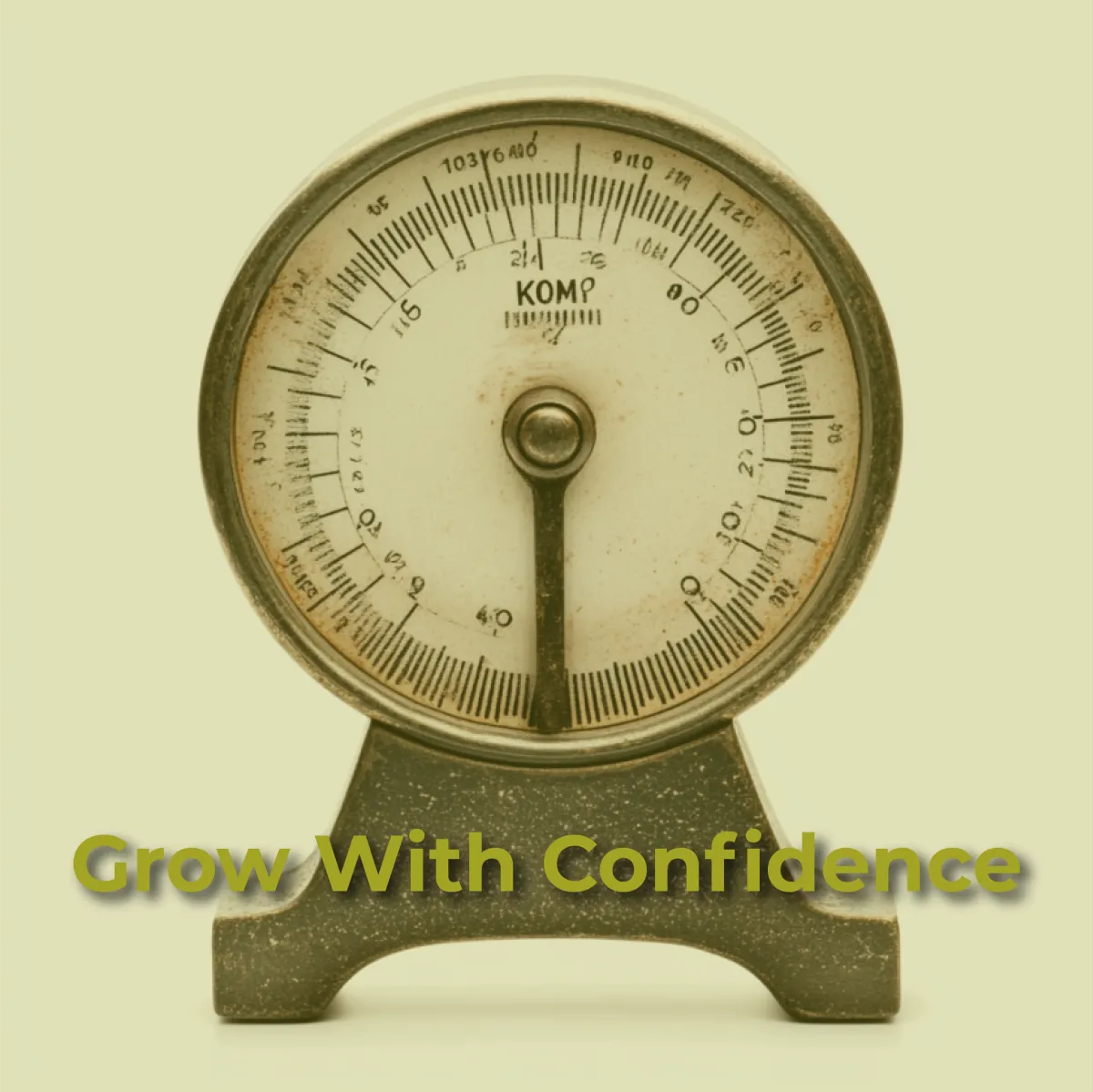
Know Your Impact: Measuring Your Success Metrics
Know Your Impact: Measuring Your Success Metrics
In today's dynamic landscape, simply working hard isn't enough. To truly thrive, whether as an individual, a team, or an organization, you need to understand the impact of your efforts. This means moving beyond vague notions of progress and embracing the power of success metrics.
Think of success metrics as your navigational stars. They provide clear direction, illuminate your progress, and help you understand if you're truly on the path to achieving your goals. Without them, you're essentially sailing without a compass, hoping to stumble upon your destination.
Why are Success Metrics Crucial?
Clarity and Focus: Defining your metrics forces you to clearly articulate what success looks like. This provides focus for your efforts and ensures everyone is working towards the same objectives.
Objective Measurement: Instead of relying on gut feelings or subjective opinions, metrics offer tangible data points to track progress and assess performance.
Accountability and Motivation: When progress is measurable, individuals and teams are more accountable for their contributions and are often more motivated to achieve targets.
Informed Decision-Making: Data-driven insights from your metrics empower you to make informed decisions about strategies, resource allocation, and course corrections.
Demonstrating Value: Quantifiable results, derived from your success metrics, provide concrete evidence of your impact to stakeholders, clients, or leadership.
Continuous Improvement: By consistently monitoring your metrics, you can identify areas for improvement, learn from both successes and failures, and refine your approach over time.
Identifying the Right Metrics:
The key to effective measurement lies in selecting the right metrics. These should be:
Specific: Clearly defined and unambiguous.
Measurable: Quantifiable and trackable.
Achievable: Realistic and attainable within a given timeframe.
Relevant: Aligned with your overall goals and objectives.
Time-bound: Associated with a specific timeframe for achievement.
Consider the different facets of your work or organization when identifying metrics. These might include:
Financial Metrics: Revenue growth, profit margins, cost savings, return on investment.
Customer-Centric Metrics: Customer satisfaction scores, retention rates, churn rate, net promoter score (NPS).
Operational Metrics: Efficiency gains, process improvements, error rates, production output.
Marketing & Sales Metrics: Lead generation, conversion rates, website traffic, customer acquisition cost.
Employee Engagement Metrics: Employee satisfaction scores, turnover rates, absenteeism.
Turning Data into Action:
Simply collecting data isn't enough. The real power of success metrics lies in analyzing the data and translating it into actionable insights. Regularly review your metrics, identify trends, understand the underlying causes of performance fluctuations, and adjust your strategies accordingly.
Ready to Unlock Your True Impact?
Understanding and effectively measuring your success metrics is a game-changer. It empowers you to make smarter decisions, demonstrate your value, and ultimately achieve greater success.
Want to gain clarity on your key success metrics and develop a robust measurement framework?
Book a call with the experts at Eidos Edge today! We can help you identify the metrics that truly matter, implement effective tracking systems, and turn data into actionable insights that drive tangible results.
Click here to schedule a free consultation call with Eidos Edge.
